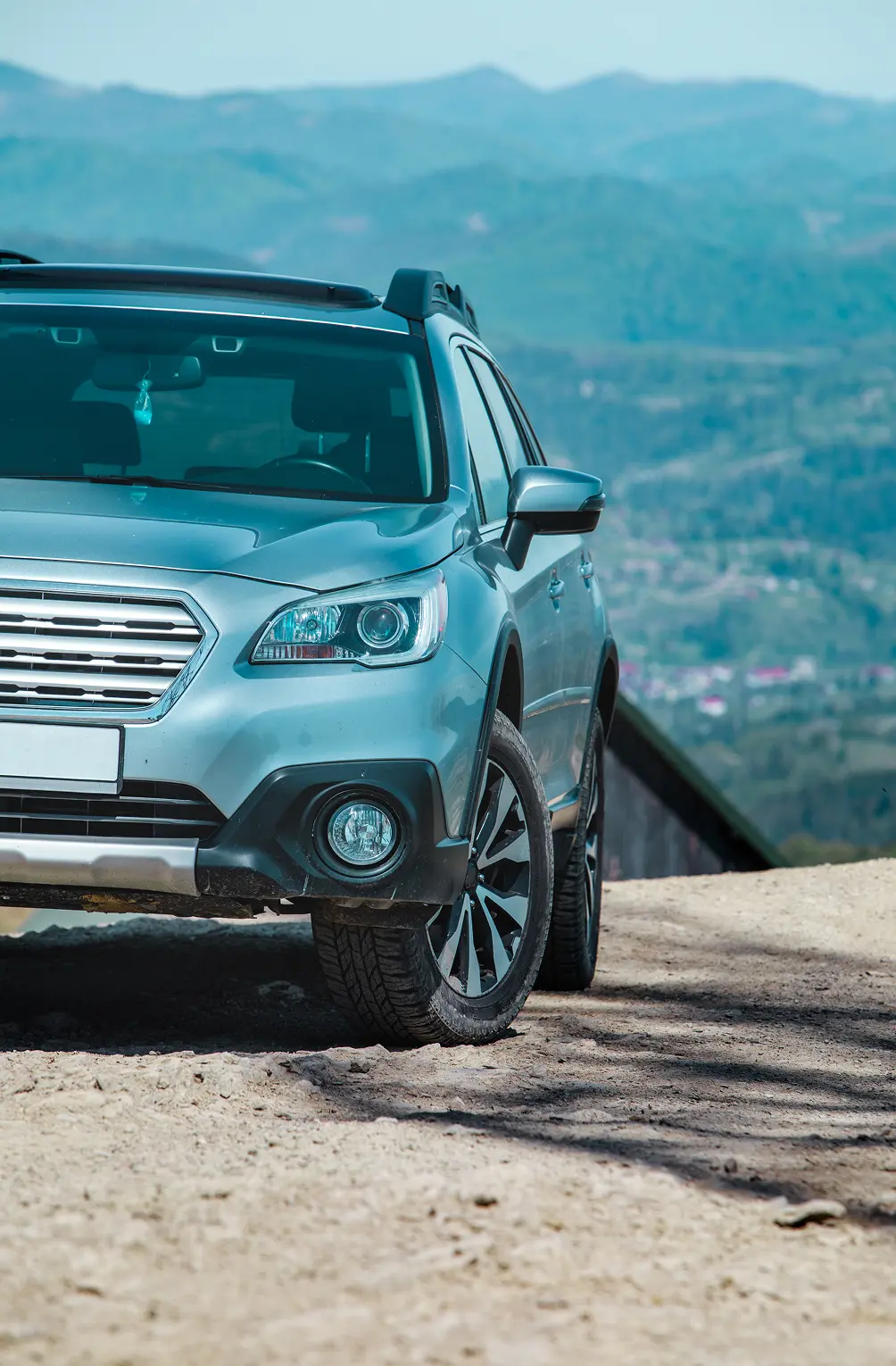

Car dealer fees are one of theeasiest ways for dealerships to squeeze that extra money out of buyers andincrease their profit margins. However, not all car dealer fees are mandatory,and unbeknownst to most car buyers, they can be negotiated or avoidedaltogether.
In this article, we're giving youthe scoop on which car dealer fees are legitimate, which ones are purely justfor profit and a few ways you can protect yourself from paying unnecessarycharges.
Table of contents
What exactly are car dealerfees?
Dealer fees you must pay
Dealer fees you can negotiate or avoid
1. Dealer preparation fee
2. Documentation fee
3. Advertising fee
4. VIN etching fee
5. Fabric protection & paint sealant fees
6. Key protection fee
7. Tire & wheel protection
Frequently asked questions about car dealer fees.
Car dealer fees are simplycharges that dealerships add to your vehicle's final cost. They range from actual expenses such as taxesand registration to smart-worded charges dealers use to ensure they get themost money possible out of the sale. There are mainly three types of car dealerfees, ones every buyer must pay, charges dealers can impose but can often bereduced and the completely unnecessary ones that every smart buyer shouldrefuse to pay.
Knowing what's what goes a longway in helping you avoid overpaying for your car and drive away with the bestpossible deal, whether the car is new or pre-owned.
Not all car dealer fees arerevenue-generating tactics. Some are non-negotiable while others are requiredto be paid for by law to ensure your car is registered properly and legallyallowed on the road. These fees include:
These hidden dealer fees coverwashing the vehicle, removing plastic coverings, conducting basic inspectionsand other things that should be standard. In our books, preparation shouldn'tcome at an extra cost and we recommend negotiating to have it removed.
Some dealerships charge hundredsin documentationfees just to process your paperwork. While some states regulate this fee,others don't, and dealers tend to add in just for profit. So, negotiate to havethis fee reduced or waived.
Most dealers try to pass on theircosts of marketing to buyers in the form of advertising fees. These car buyingfees are not something you should pay for, and if you see it listed, request tohave it removed.
This hidden dealer fee covers thecost of engraving your Vehicle Identification Number (VIN) onto your car'swindows. While it's a great way to prevent theft, trust us when we say you canget it done yourself at a fraction of the price dealers charge.
Dealers tend to charge hundredson fees like fabric protection for stain prevention and paint sealantto protect your car's exterior from the elements. The reality is thesetreatments are nothing more than heavily marked-up fabric sprays and waxcoatings you can even take care of on your own for less than $50.
With key fobs getting moreexpensive, dealers may try to sell key replacement plans with some evenincluding roadside assistance should you lock yourself out of your car. In mostcases, you'll find that it's even cheaper to replace the key yourself, and werecommend checking the price of the replacement key from the manufacturer firstbefore agreeing to the fee.
Unless you live in an area withextremely rough roads, there's absolutely no need for you to pay for tire andwheel protection. If anything, the coverage comes with exclusions and highcosts, making it more expensive than simply replacing a damaged tire or simplyinvesting in a comprehensive road hazard car insurance policy.
What car dealer fees should Ipay?
You should only paygovernment-imposed car dealer fees such as sales tax, title and registrationfees and destination fees for new cars. Everything else can be negotiated oravoided.
Are dealer fees different fornew vs. used cars?
Yes. New cars typically havemanufacturer-imposed fees, such as destination charges, which arenon-negotiable while used cars may have more car buying fees such asreconditioning or reconditioning or certification fees, which are oftennegotiable. Regardless of whether the car is new or used, we recommend that youreview the purchase agreement and challenge any questionable charges.
How do I spot hidden fees in mypurchase agreement?
Dealers tend to hide those carbuying fees deep in the paperwork, making it very easy to miss them. Here are afew ways you can catch those hidden dealer fees before signing.
Are dealer fees negotiable?
Yes, dealer fees are negotiable,and whether you can lower or remove them depends on your negotiation skills.Our expert tip? Partnerwith a car broker and let them take over the process of identifyingthose hidden dealer fees and negotiating to remove them.
How can I lower or avoid dealerfees?
It all boils down to preparationand negotiation. Start by, taking time to do research on typical dealer fees inyour state before visiting a dealership so you know what's fair and what'snecessary. Next, ask for a fee breakdown upfront to see what you're beingcharged and negotiate everything, even if the car buying fees seem standard.
What should I do if a dealerrefuses to remove hidden dealer fees?
Try to negotiate the totalpurchase price instead of individual hidden dealer fees. If that doesn’t work,simply walk away to show them you're serious about not overpaying. The worstthat could happen is you shopping at a different dealership.
Car dealerships are notorious forinflating costs by adding hidden dealer fees that don't add any real value toyou as a buyer. Knowing what car buying fees are negotiable, what's not and what'sdesigned for dealer profit goes a long way in helping you negotiate a betterdeal and pay less for your car. Follow this guide and you're guaranteed to savehundreds or even thousands on your next car purchase. Need help to maximize your savings? Our Negotiate Best Deal experts are here to help.